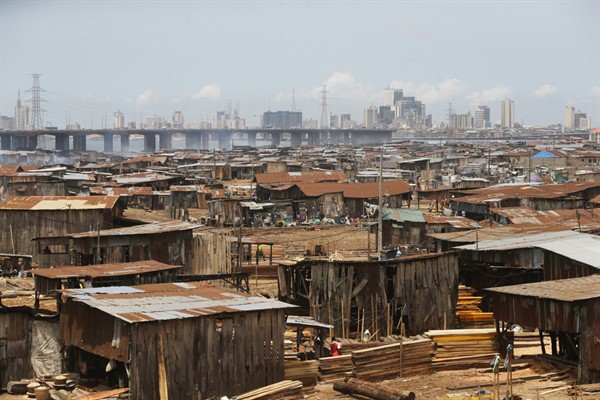In late February, the Intergovernmental Panel on Climate Change, or IPCC, released its most recent report, summing up the latest research on how climate change is affecting ecosystems as well as the effectiveness of the various climate adaptation measures governments across the world have enacted so far. On the latter score, the report concludes that the current pace of adaption is insufficient and finds that the measures being implemented are not holistic enough to address the major climate challenges the world faces.
According to the report, some of climate change’s impacts on the natural world and human societies are now considered to be irreversible. And it notes that the consequences to come will be most severe in warm regions of the world, low-lying coastal areas and the parts of the world considered to be the least developed, among other categories.
This, to say the least, defines most if not all of West Africa, where observed annual and seasonal average temperatures have increased by 1-3 degrees Celsius since the 1970s, with the highest increases found in the Sahel. The chapter of the IPCC report dedicated to Africa could not be more clear-eyed about the existing and future climate risks West Africa and the rest of the continent face.

